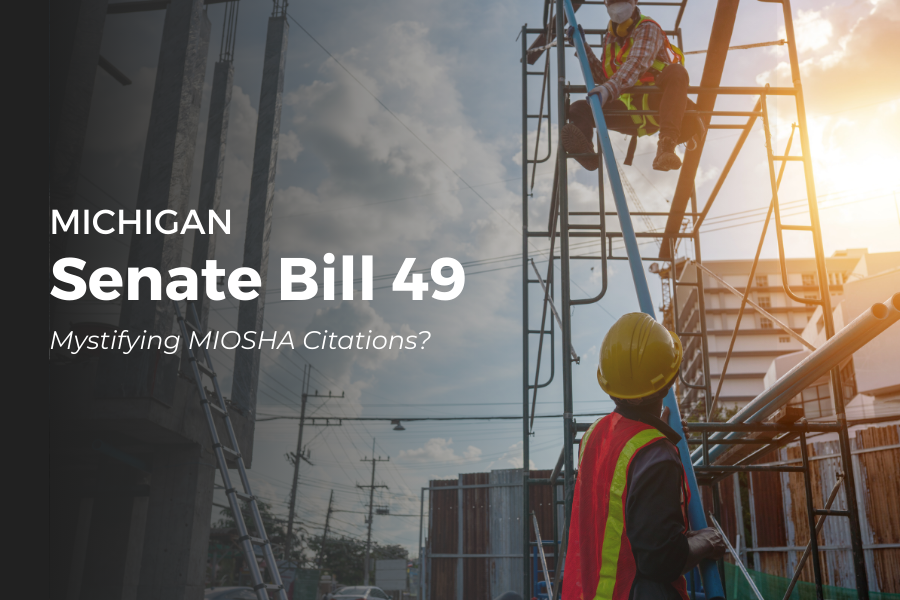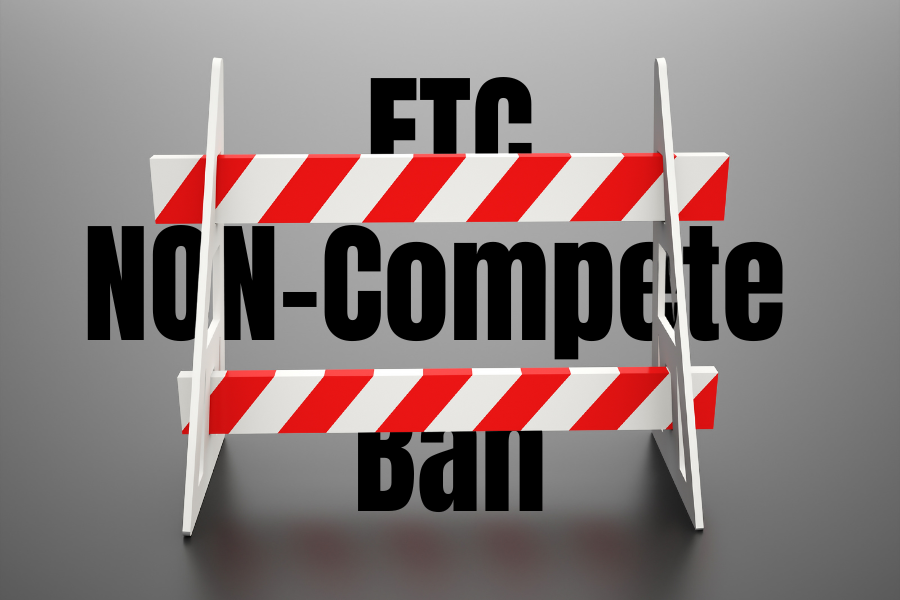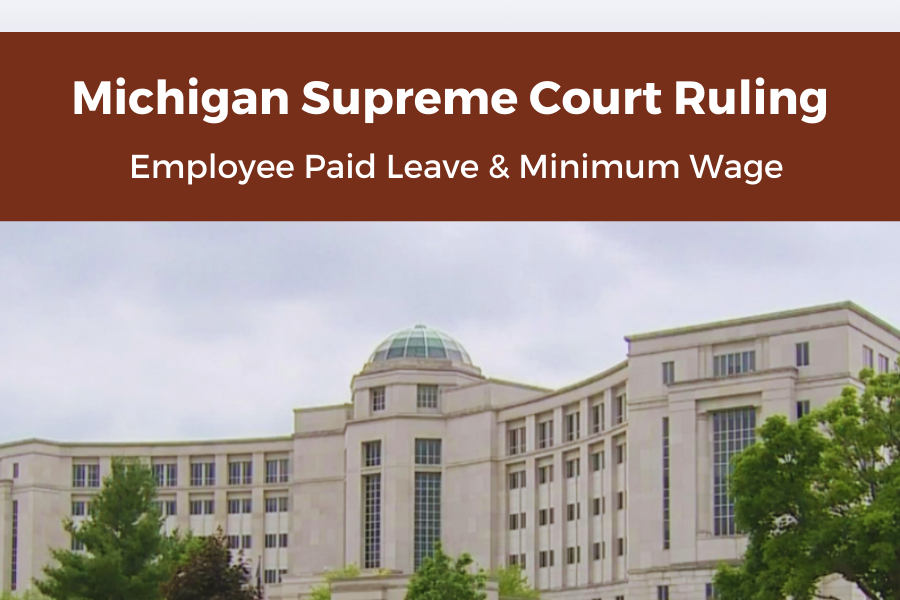By Aileen Leipprandt
Being an additional insured on someone else’s insurance policy does not guaranty protection. Such was the lesson learned by an engineering firm in Orchard Hiltz & McCliment Inc. v Phoenix Ins. Co. and Federated Mutual Ins. Co., (U.S. 6th Circuit Court of Appeals, Jan. 2017).
In Orchard Hiltz, the Village of Dexter hired the design firm, Orchard Hiltz & McCliment (OHM), to oversee upgrades to Dexter’s wastewater treatment plan. While contractors were removing a lid on a digester tank, sparks from a torch ignited methane gas causing an explosion. One worker was killed and another was injured. The injured worker and the family of the deceased worker sued OHM in state court, claiming that OHM breached the standard of care by failing to ensure that the contractors followed the plans and specifications and by failing to ensure that the contractors implemented safety measures. OHM’s professional liability insurance carrier, XL Specialty Ins., provided a defense to OHM in that state court case.
Separately, OHM sued the general liability insurance carriers of the prime contractor and subcontractor in federal court. OHM asked the federal court to rule that the insurers owed OHM a duty of defense and indemnity in the state court personal injury cases because OHM was as an additional insured on the contractors’ commercial general liability insurance policies. The additional insured endorsement of both policies, however, contained a “Professional Services Exclusion” which excluded coverage for injuries arising out of the performance of any professional services. The court denied coverage to OHM, ruling that the exclusion eliminated coverage. OHM appealed.
The Sixth Circuit Court of Appeals interpreted the Professional Services Exclusion broadly, ruling that the contractors’ general CGL policies never intended to cover professional negligence claims; therefore, OHM had to look to its own professional liability carrier. Furthermore, even though OHM disputed it owed the safety duties claimed by the injured workers, if the injured workers proved that OHM was negligent in providing professional services, the Professional Services Exclusion in the additional insured endorsement would eliminate coverage. The court reiterated that it is the “nature of the underlying allegations of liability” that “governs the question of coverage, not the scope of OHM’s responsibilities under its contract with Dexter.”
Being an additional insured is one of many important tools in managing risk. The OHM case underscores the importance of understanding the scope and limitations of additional insured coverage so that you can determine whether coverage aligns with your expectations.










